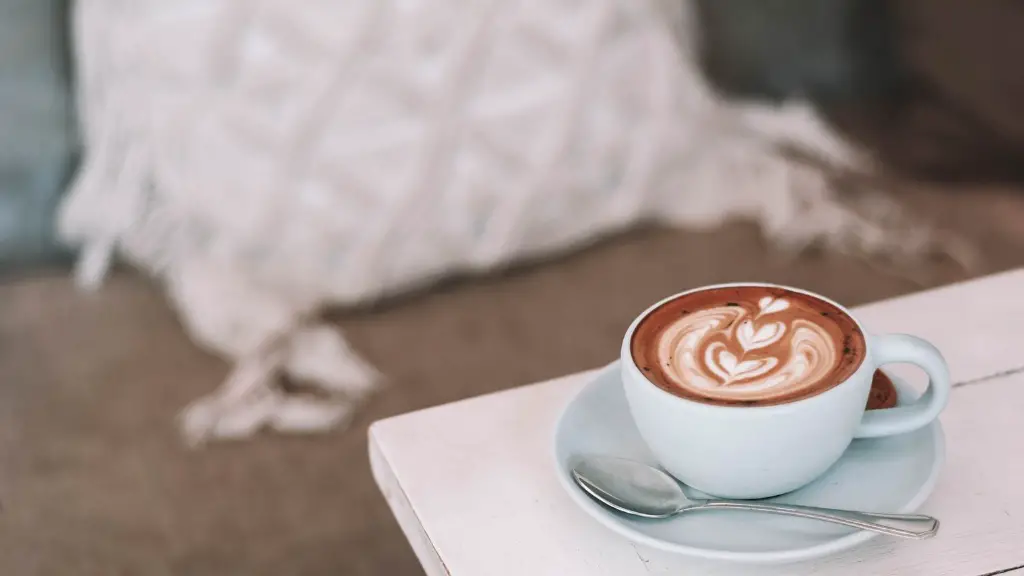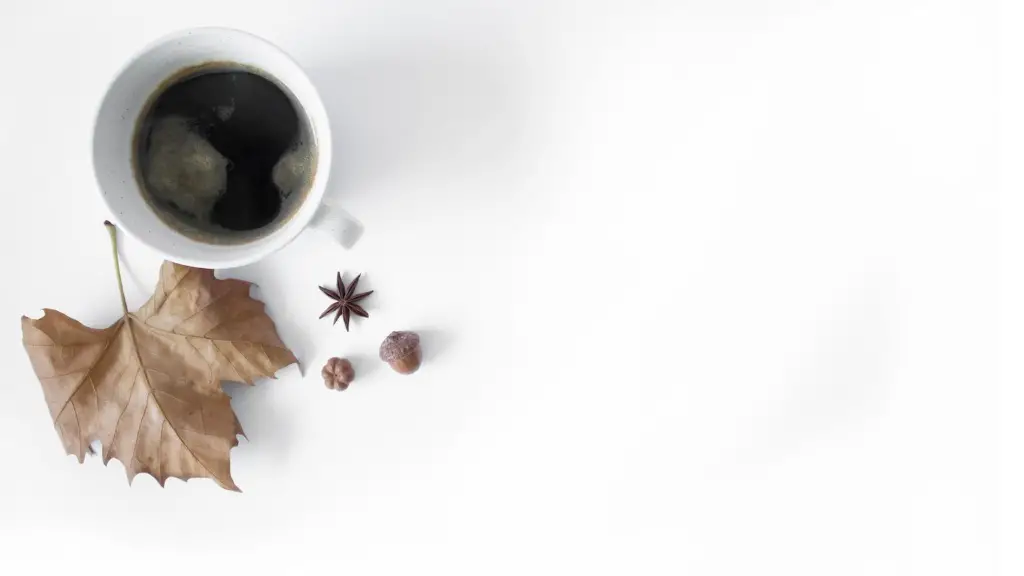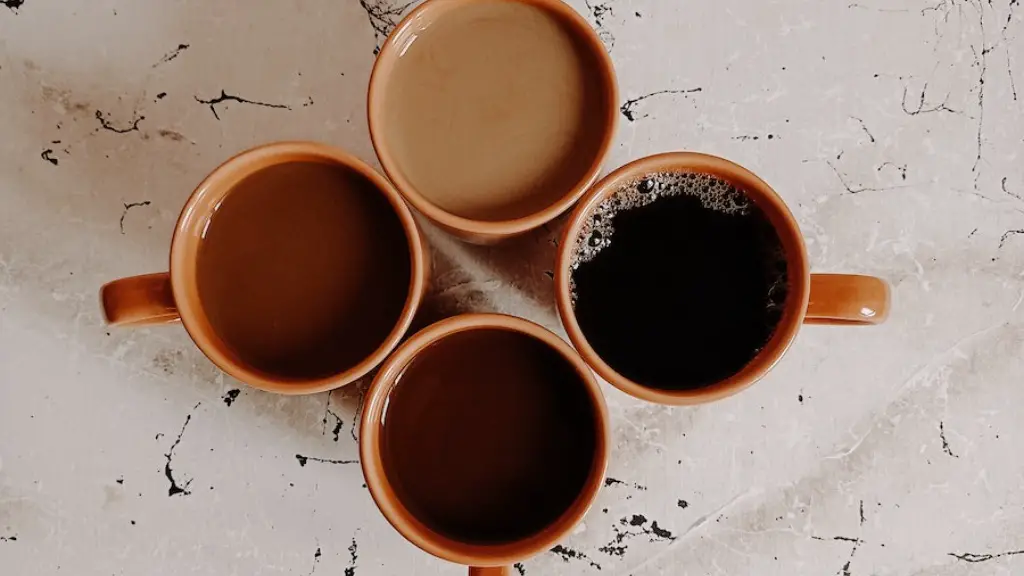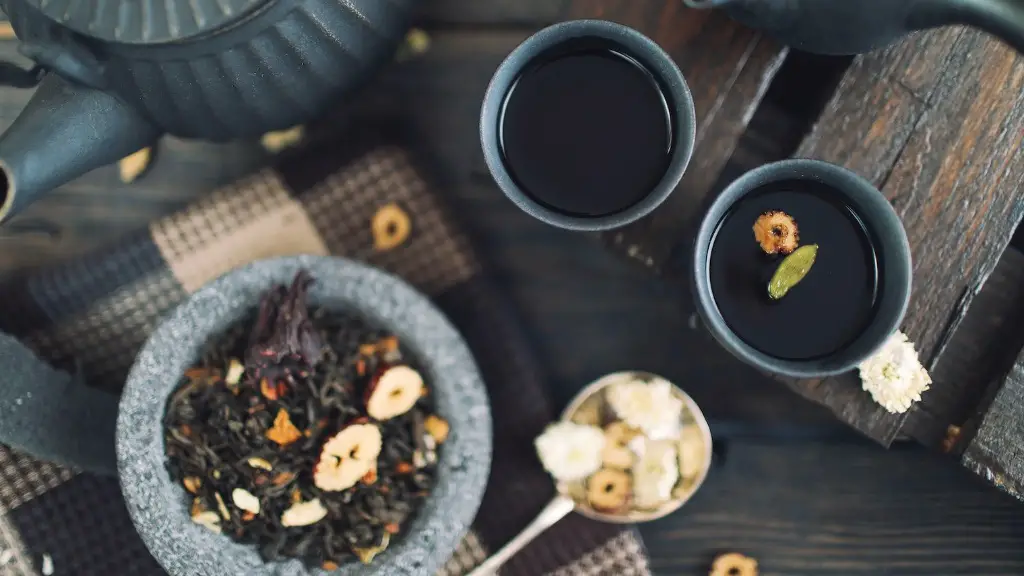If you’re wondering whether you can eat roasted coffee beans, the answer is yes! Roasted coffee beans are safe to eat, and they can actually be pretty tasty. Some people compare the taste to chocolate-covered coffee beans, while others say they taste like roasted nuts. Either way, they make a great snack that’s packed with energy.
Coffee beans are not meant to be eaten raw. Roasting them first is necessary to release their flavor and to make them safe to consume.
How many roasted coffee beans can you eat?
You can eat around 20 to 30 coffee beans per day without worrying about too much caffeine intake. Just make sure to space out your bean eating into 7-10 beans per serving, which is about the same amount of caffeine as a regular 8 oz cup of coffee.
Raw coffee beans are highly acidic and have a strong flavor. They are much harder than roasted beans, making them difficult to chew. When you process a coffee bean, the darker the roast, the softer the bean will become.
Does chewing coffee beans give you caffeine
The coffee beans contain a high amount of caffeine which is released quickly into the body. This can provide a quick boost of energy and alertness. However, it is important to be aware of the potential side effects such as jitteriness and increased heart rate.
Raw coffee beans are not the tastiest treat. Most are hard to chew, with a bitter, wood-like flavour. Perhaps not the best coffee beans to eat?
Why do bodybuilders eat coffee beans?
Coffee is a great way to increase your strength before workouts. Researchers believe that the caffeine in coffee blunts the pain associated with anaerobic training, helping you push beyond your previous bests. Coffee also helps you recover from intense training by providing your body with antioxidants that help fight the free radicals generated during training.
If you’re trying to stay awake during an all-nighter, eating coffee beans will give you more energy than drinking a cup of coffee would. Eating the beans will give you a more concentrated caffeine hit.
What are the side effects of eating coffee beans?
There are a few disadvantages of eating roasted coffee beans. One is that it can cause heartburn. Another is that it may cause bloating and/or nausea. Additionally, it can have a laxative effect and may disturb sleep. Finally, it may increase anxiety and heart rate, and may cause withdrawal symptoms if you stop consuming caffeine.
Cooking beans properly is important not only for taste, but also for safety. Red kidney beans top the list of foods that contain the highest levels of toxic compounds, so it’s important to make sure they’re cooked thoroughly. Other beans that should never be eaten raw include white, broad, black, pinto, great Northern, and navy beans. Cooking beans properly can be tricky, so it’s always best to consult a recipe or professional to make sure they’re properly cooked.
What happens if you eat one coffee bean
Caffeine is absorbed into the bloodstream more quickly when it is chewed, as opposed to when it is drunk in coffee. Therefore, a single coffee bean, which has less caffeine than a cup of coffee, will still give you a boost of energy. However, the effects of the caffeine will also wear off more quickly.
There is no definitive answer to this question as it is subjective. However, some of the most popular coffees in the world include Tanzania Peaberry, Hawaii Kona, Nicaraguan, Sumatra Mandheling, Sulawesi Toraja, Mocha Java, and Ethiopian Harrar. These coffees are all known for their unique flavors and aromas that coffee lovers worldwide enjoy.
Can I eat coffee beans for weight loss?
Coffee beans contain a substance called chlorogenic acid, which is thought to boost metabolism and increase fat burning. One study found that consuming coffee high in chlorogenic acid may have helped participants lose abdominal fat.
Caffeine is found in coffee beans, and the amount of caffeine in a coffee bean depends on the variety of bean used. For example, Arabica coffee beans have about 12 milligrams of caffeine per gram, while Robusta coffee beans have about 22 milligrams of caffeine per gram.
What happens if you brew unroasted coffee beans
It is possible to brew a beverage from green, unroasted coffee beans, but it won’t even vaguely resemble what you expect from a cup of coffee. Green coffee beans have grassy, vegetal flavors, according to Kopi Luwak Direct, which explains that while you can eat green coffee beans, you may not enjoy the flavor.
The coffee cherries need to be ripe in order to get the best tasting coffee. Once you’ve picked your coffee cherries, remove the beans from the fruit. The beans need to be soaked in water for a day or two in order to remove the parchment layer. Once the parchment layer is removed, roast the beans. Grind the coffee and enjoy!
What happens if you eat a spoonful of coffee grounds?
Coffee grounds are edible and will not make you sick if consumed. One can find caffeine, beneficial antioxidants, and dietary fibre in coffee grounds. All of these are healthy and safe to eat.
High protein foods are great for building lean muscle. Some of the best high protein foods include chicken, salmon, Greek yogurt, skim milk, and beans. These foods are packed with nutrients that are essential for muscle growth and maintenance.
Conclusion
Yes, roasted coffee beans are safe to eat.
Yes, you can eat roasted coffee beans. They are a healthy and delicious snack.





